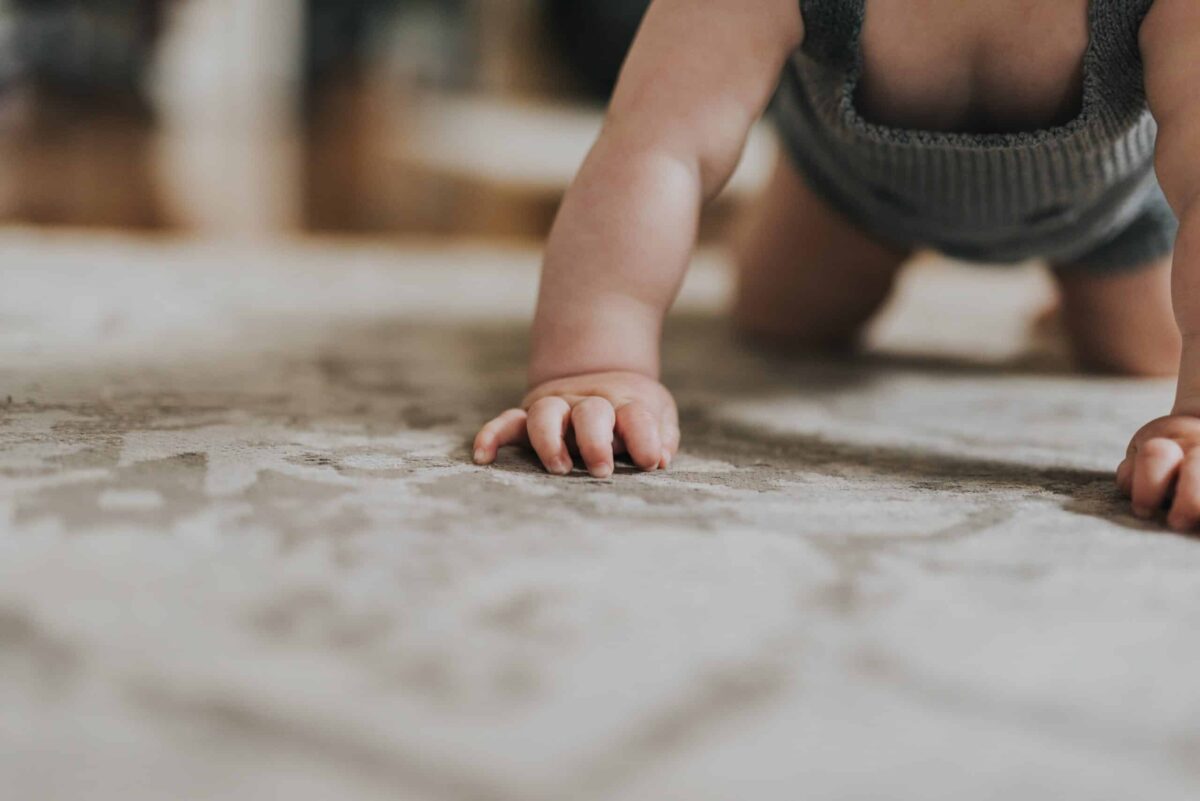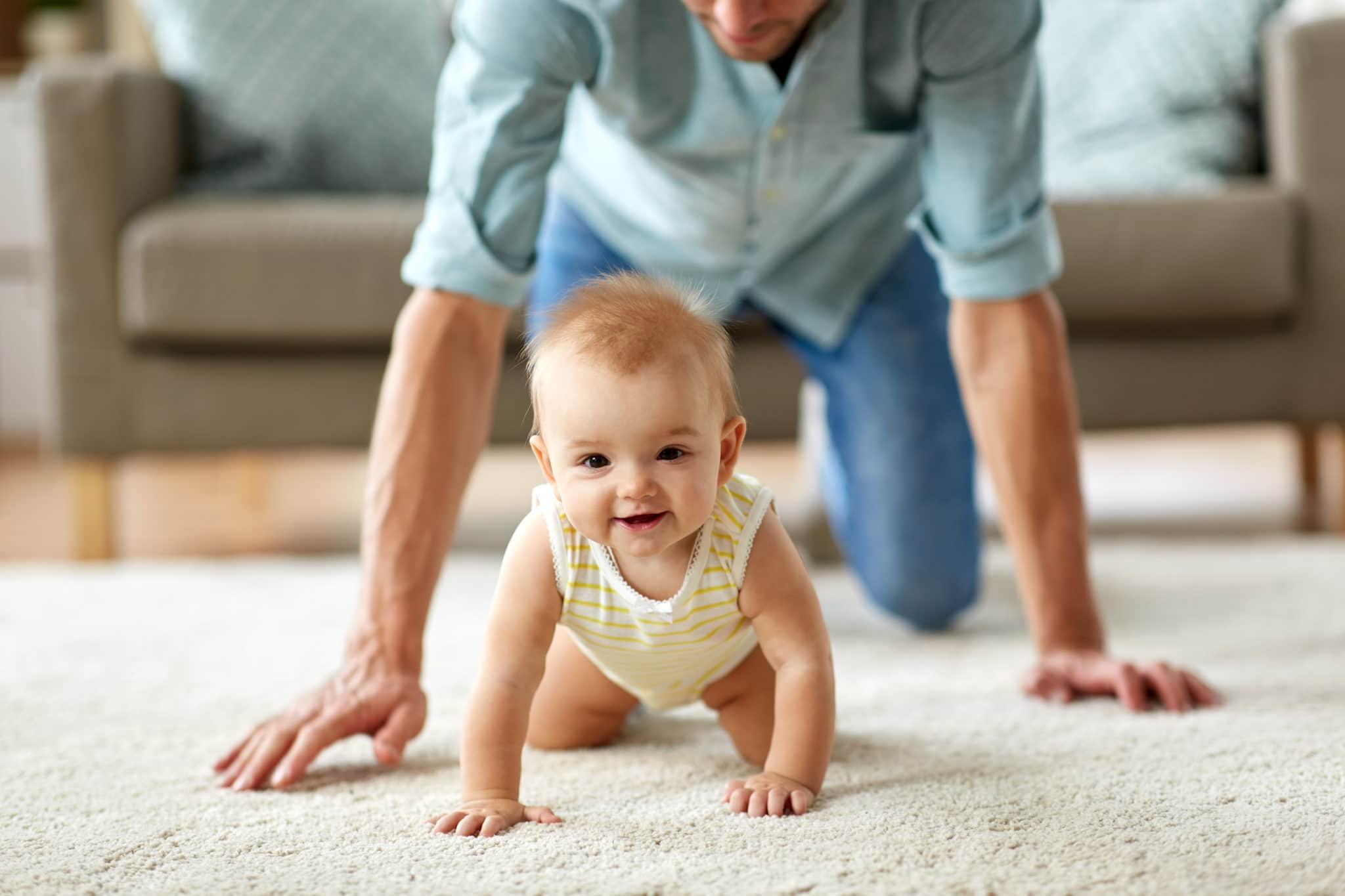
Un premature child who is born before week 37, may have more health problems throughout their development. Nowadays the quality in the growth of these babies is more guaranteed, even so, it is necessary to keep an eye on their development during the first months. We analyze at what age premature babies crawl and how their evolution is.
According to the Spanish Association of Pediatrics, babies begin to crawl between the 8 and 10 months. Even with these data, each baby will depend on their own insolvency and autonomy, since they may be different from other babies. Premature children have another way of solving their physical and cognitive development, for this we will analyze how they develop in their learning.
When do premature babies start to crawl?
The stimulation, affection and restlessness of the baby They will be reasons that will advance the moment of crawling. Not all children crawl, as some agree to walk rather than crawl. Premature babies keep the slowest time for their learning, since they can delay its autonomy up to two months more than usual.
Premature babies reach 10 months to start crawling. It is around 8 months when they begin to stand upright, which is a good fact. If, after 10 months, you still do not reach certain objectives, you must take them as data, but without being a sign of concern.
During visits to the pediatrician, a baby's progress must always be reviewed, if something does not fit, that is when there is reason to be alarmed. There is no rush because your mobility is early, but if the baby has a hard time, you have to help him to motivate him.
Exercises to stimulate the baby to crawl
Parents can help trying to crawl, even in other progress, such as staying upright or being able to propel their hands and feet to move. It will be a moment of transcendence where it can be extended in weeks of trying, sometimes it will achieve its objective and other times it will not.
Put your favorite toys a little far away out of reach, to encourage him to play. This way he will crawl or try to crawl when he wants to catch them. You can also have their siblings or parents crawl next to them to imitate the movements. Place a circle of cushions around him and encourage him to try to catch them.

Development of a baby with normal birth versus a premature baby
Calculating the physical development of a premature baby is easy. Next, we detail how a baby with normal birth progresses during the first year of his life. To calculate the skills of a premature baby you have to subtract weeks. For example, if a 16 week advance is listed, but the baby was 6 weeks early in its birth, then we should delay those 6 weeks in its advance.
- At 4 weeks (2 months) the baby begins to raise its head. He begins to move his arms and legs and is already holding some objects with his hands.
- At 16 weeks (6 months) the baby begins to crawl with his legs up, puts his hands in his mouth, interacts with people.
- At 32 weeks (9 months) He already crawls and stands up with the help of the arms of an adult. He tries to imitate the sounds he hears and already says single words like mommy and daddy. He already holds objects with his hands.
- With 40 weeks (at 12 months) the baby is already beginning to take its first steps. She adds more words to her vocabulary and begins to have more autonomy.
Learning problems in premature babies
Premature babies can have learning problems due to an immature brain and nervous system. They may present problems in motor development to sustain the cabeza, crawl o walk. Even when learning to eat and dress independently. In these cases, the boy or girl may need help in physical or occupational therapy.

